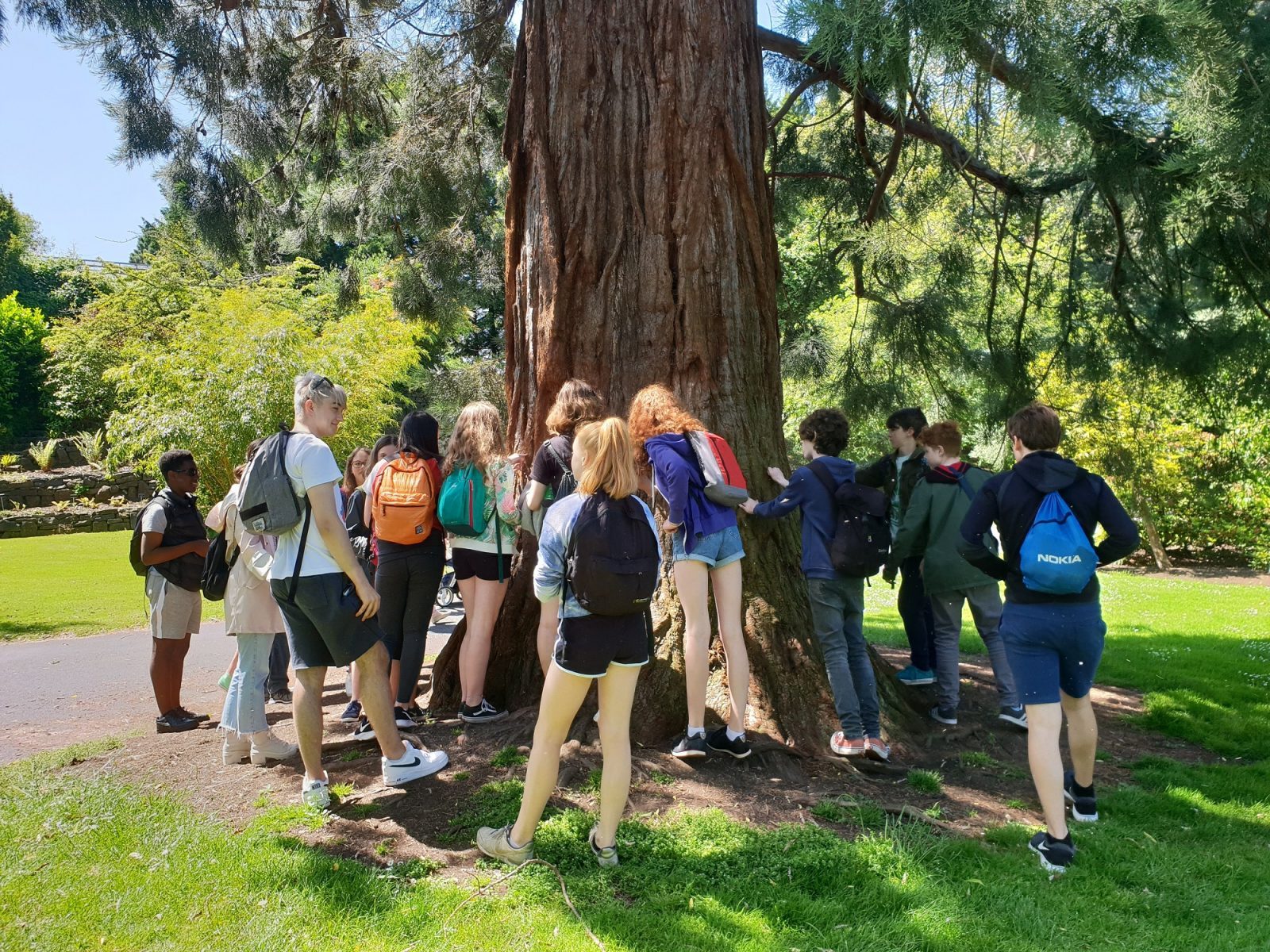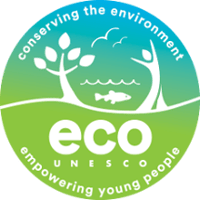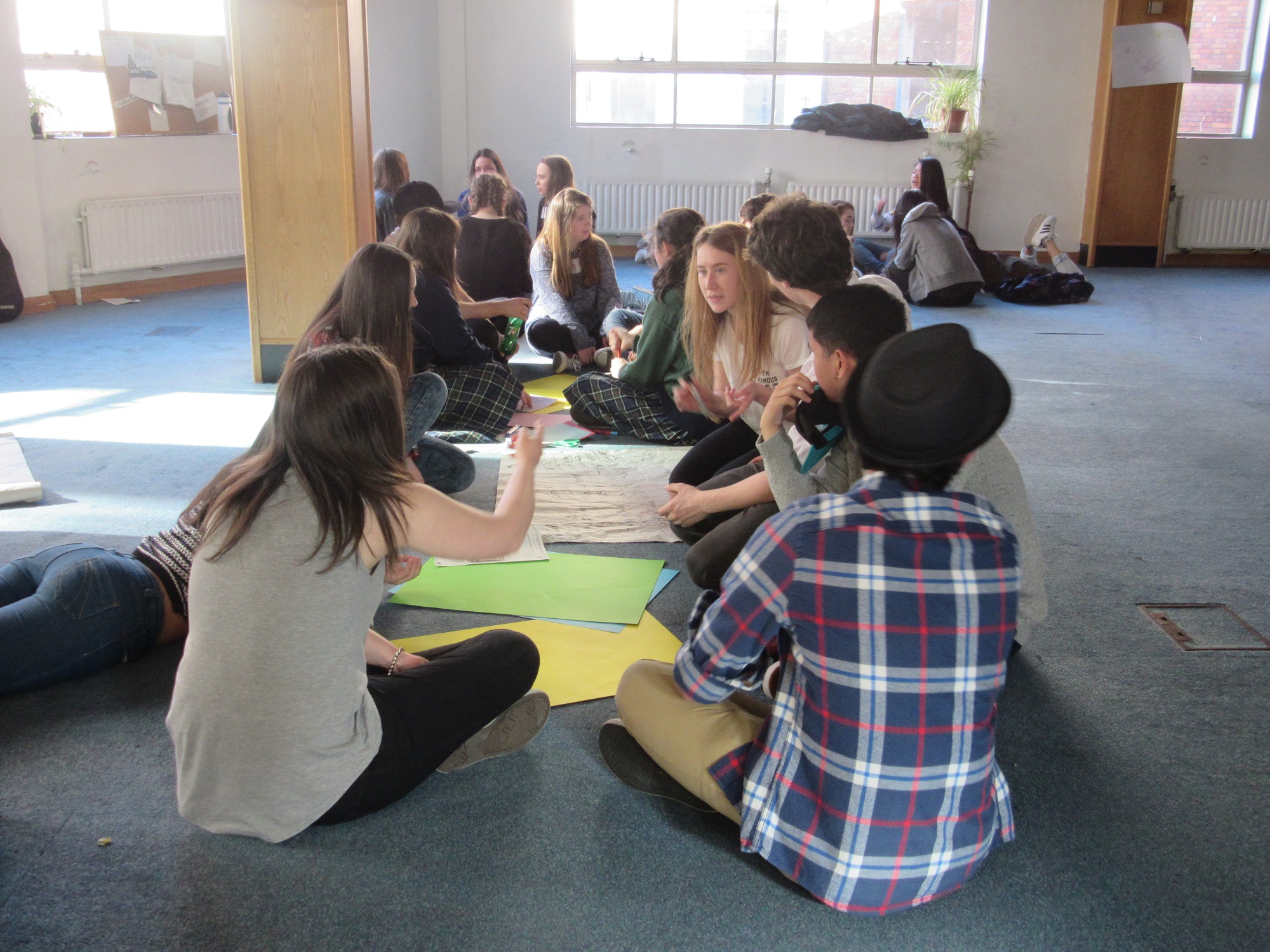Level 5 : Sustainable Development
ECO-UNESCO has become widely acknowledged as an expert training organisation in sustainability in Ireland.
ECO-UNESCO is an accredited QQI centre operating under the qualities and standards set out by QQI, the National Awarding Body.
Sustainable Development
Award Type: Minor
Awarding Body: QQI
Code: 5N5905
NFQ Level: 5
Credit Value: 15
Duration: 150 hours (normally over 12 weeks)
Programme Purpose and Learning Outcomes
Programme Purpose: To equip the learner with the knowledge, skill and competence to understand the concept of sustainable development as it relates to the environment, agriculture, society and economics and to develop the skills of critical thinking, problem solving, environmental auditing, community assessment and education for sustainable development.
Learning Outcomes:
On successful completion of the course, learners will be able to;
- Discuss sustainable development to include the origin of the term, the three pillars of sustainable development, the values and risks associated with sustainable development, the quality of life in current and sustainable communities and the goals of a sustainable community
- Examine the wealth focused and people focused models of development and different definitions of sustainable development
- Explain a range of terms to include sustain, develop, environment, society, economics, quality of life, carrying capacity, resource, renewable and non-resources, social development, sustainable community, citizenship, human rights and indicator trade, consumerism, globalisation, fair-trade, developed and developing world
- Examine sustainable resource use within the carrying capacity of the environment, the difference between renewable and non-renewable resources, the causes and effects of environmental issues
- Summarise the characteristics of a good indicator, the different frameworks of sustainable community indicators, the differences between traditional and sustainable community indicators, and the data sources for indicators at a local, national and international level
- Examine the damage conventional farming practices have on the environment to include problems such as soil erosion and how to combat these problems by using sustainable methods
- Outline the threat of the introduction of patents on plants to agricultural production, the implications of the widespread use of genetically engineered organisms in the food chain, the importance of biodiversity globally and aspects of bio-technology to control pests and diseases
- Explore the performance and impact of established Fair Trade Co-operatives on the local community and environment, the importance of indigenous cultures, respect for cultural diversity and the effect of the loss of traditions with the transition of populations from rural to urban areas
- Discuss the different crops natural to different regions and the role of traditional rural skills such as hedge laying, building or cultivation and harvesting traditional crops
- Execute an environmental investigation for one environmental issue to include an implementation of the audit, a recording and analysis of results and the making of recommendations based on the analysis of the environmental audit
- Identify links between lifestyles in the developed and developing world to include travel, health, work, consumption, education, rights and environment
- Analyse the impact of trade and consumerism on the environment and society through the global supply chain of one consumer good
- Identify practices that contribute to climate change, methods of reducing emissions, organic alternatives to artificial pesticides and fertilisers and the role of local practices in sustainable development
- Investigate agricultural production within Europe, the effect of globalisation of agriculture on developing countries and the impact of national and international agricultural policies
- Plan a workshop on an environmental issue incorporating different education for sustainable development methodologies
- Design a plan for sustainable agricultural holding that incorporates knowledge of features such as sustainable forestry and permaculture and promotes community self-sufficiency
- Use resources to empower a community to improve the local environment while preserving cultural heritage
Entry Requirements, Assessment and Transfer & Progression

Entry Requirements:
- Must be able to demonstrate the levels of knowledge, skill and competence associated with NFQ level 4
- Competent in written and spoken English
- Be comfortable studying in a virtual learning environment (VLE)
Assessment:
Project: 60%
Assignment: 40%
Transfer and Progression
This minor award can be used to meet the requirements of the following major award; 5M3114 | 5 | General Studies



